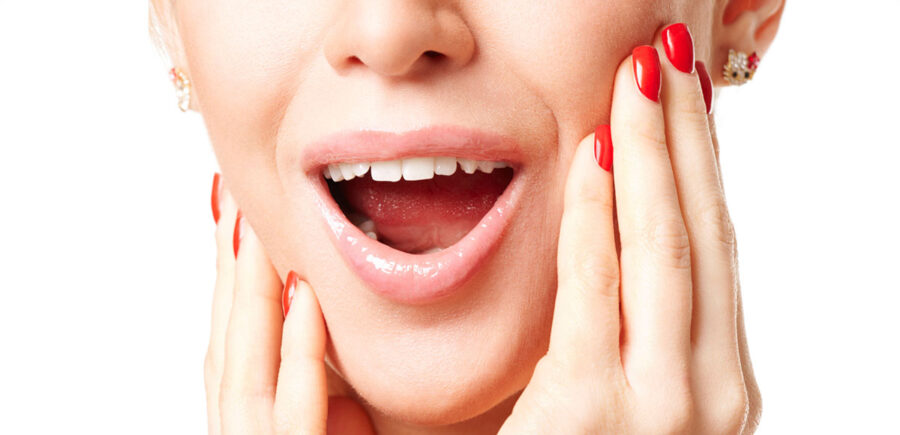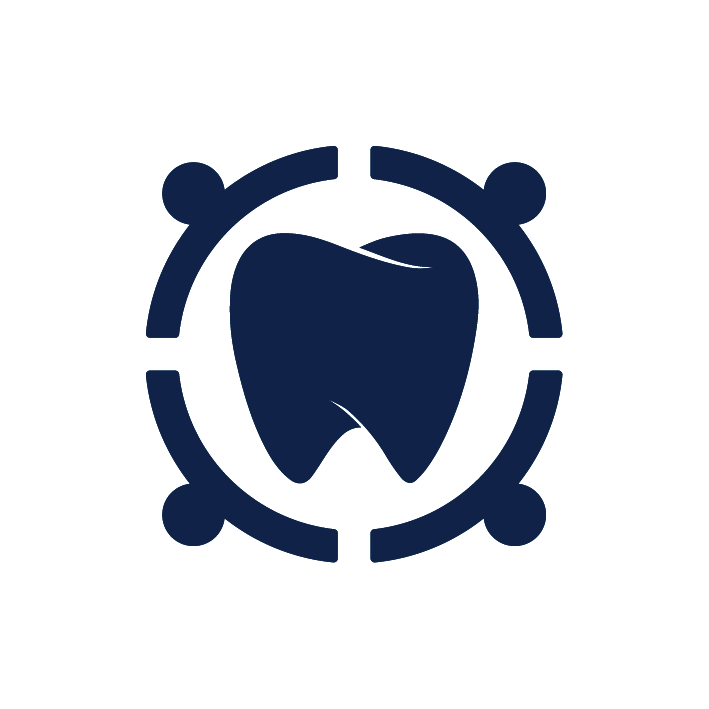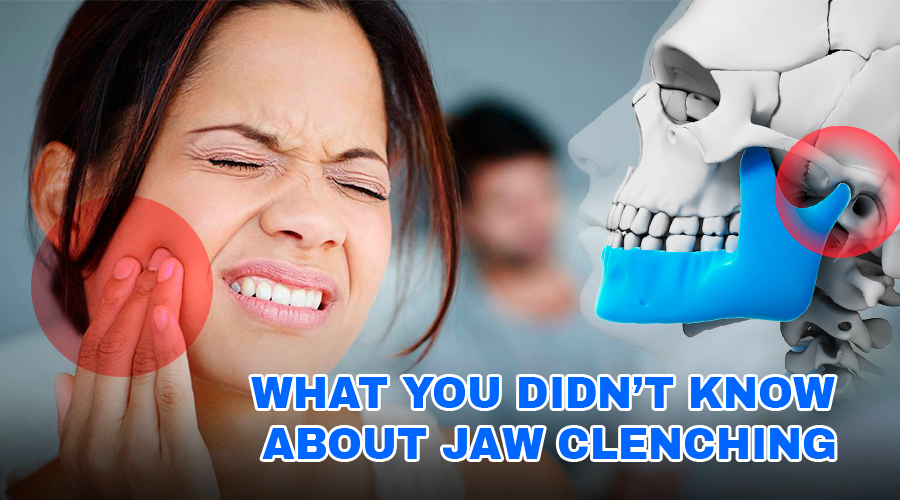Jaw clenching is an issue that most people don’t realize they have until they feel pain. You could be clenching your teeth while having an awful nightmare about avocado lattes or watching a suspense movie, or even thinking about tax season. You might be interested in knowing that if this condition goes unattended, it can be the reason for very annoying symptoms, like serious pain, struggle to swallow, open the mouth, and bad headaches. The pain manifests in different places, which depends on the person and the cause of their tight jaw. It may show up on one or both sides of the face, nose, mouth, jaw, or ears. And the pain can go from one to more levels of severity and intensity.
So what could be causing you to clench your teeth? Well, it can be the cause of different factors, from anxiety to chronic conditions. That’s why it’s important to identify the issue on time and get professional help.
6 Common Symptoms of Jaw Clenching
Some of the symptoms you should look out for are:
- Discomfort in the neck
- Jaw pain
- Cracked teeth (or broken)
- Headaches that concentrate on one side of the head
- Tight jaw muscles
- Tooth loss
If you are experiencing any of these, consider visiting a dentist for a consultation.
6 Causes of Jaw Clenching
Often, the origin of this issue can be quite unclear. But there are definitely multiple identified causes that can be the reason behind it:
1. TMJ Disorders
Your skull has a super important part that connects the jawbone to the skull. It’s crucial for everyday movements such as chewing your favorite food, speaking to your friends, or yawning when you’re sleepy. When someone suffers from a TMJ disorder, this joint is affected and causes symptoms hard to ignore:
- Struggle to chew food
- Constant headaches
- A popping sound when opening the jaw
- Pain in the jaw, face, ear, or neck
These disorders’ manifestation can be due to a physical injury, bruxism (teeth grinding), or inflammation from an infection.
2. Anxiety and stress
Stress and anxiety usually cause people to grind their teeth or jaw without even noticing it, turning it into a habit. Other stress indicators are clenching fists and feeling the tension in the muscles of the shoulders and neck.
If you feel constantly worried, restless, and find yourself being easily irritated, those could be some signs that you’re under stress and/or anxiety.
3. Osteoarthritis
This chronic condition is the most common form of arthritis and affects many people in the world. It could be due to aging, weight, injuries, genetics, among others. It deteriorates the connective tissues that keep the joint together.
4. Rheumatoid arthritis (RA)
It is an autoimmune disease that harms the joints. Symptoms can appear as stiffness when keeping the same position for a while or a general feeling of fatigue and discomfort.
People who are more likely to be affected by this are those who: are 60 years old or above, women, have specific genetic features, smoke, or are obese.
5. Tetanus
This infection is caused by a bacteria called clostridium tetani. It causes serious muscle spasms, breathing difficulties, and stiffness in the muscles.
The first symptoms to appear are fever, headache, diarrhea, sore throat, and bloody stools. The way to get tetanus is through a deep wound that has been made with a contaminated object. If it’s not treated right away, it can end up being fatal.
6. Teeth Grinding
Teeth grinding or bruxism is the grinding and clenching of the teeth. Different factors cause this condition. It could be due to: stress, anxiety, frustration, depression, or sleep disorders.
Some of the bruxism symptoms include headaches, a popping sound when moving the jaw, stiffness around the jaw muscles, fractured teeth, or pain.
Treatment for Jaw Clenching

Remember, the best way to deal with issues like this is to visit a professional to get personalized advice, whether going to a dentist to protect your teeth from the detrimental effects of jaw clenching or going to a doctor to get advanced care.
You can start by visiting the dental office, from then, they’ll guide you to what is the best way to continue. Other than that, you can also implement healthy habits to fight the symptoms and relieve the tension.
This is an exercise you can start doing by yourself:
- Closing your mouth without applying pressure, rest the tip of your tongue on the palate, behind the upper front teeth. Y
- Keeping your teeth together and as gently as possible, move the tip of your tongue as far back as it can reach.
- Hold your tongue in this position and carefully open your mouth until you feel that your tongue is being pulled away. Try not to open your mouth any further and keep this position for five seconds. Once finished, close your mouth and relax.
- Now that you know the process, try to carefully repeat it for five minutes using a mirror.
You might not get it right the first time, but it’s okay! Just try practicing it a few times until you can’t hear the clicking or popping noise from your joints. It’s recommended to do this exercise five minutes, twice daily, for the first week. So, try to keep that in mind and not overdo it. After the first week of practicing, try to do the exercise as often as possible. The ligaments around your jaw will benefit enormously from this as it will strengthen them and help the muscles relax as well.
For further treatment and diagnosis, visit us. At Trust Dental Care, we are ready to see you and offer you only the best dental attention to help you treat your jaw clenching.




Leave a Reply